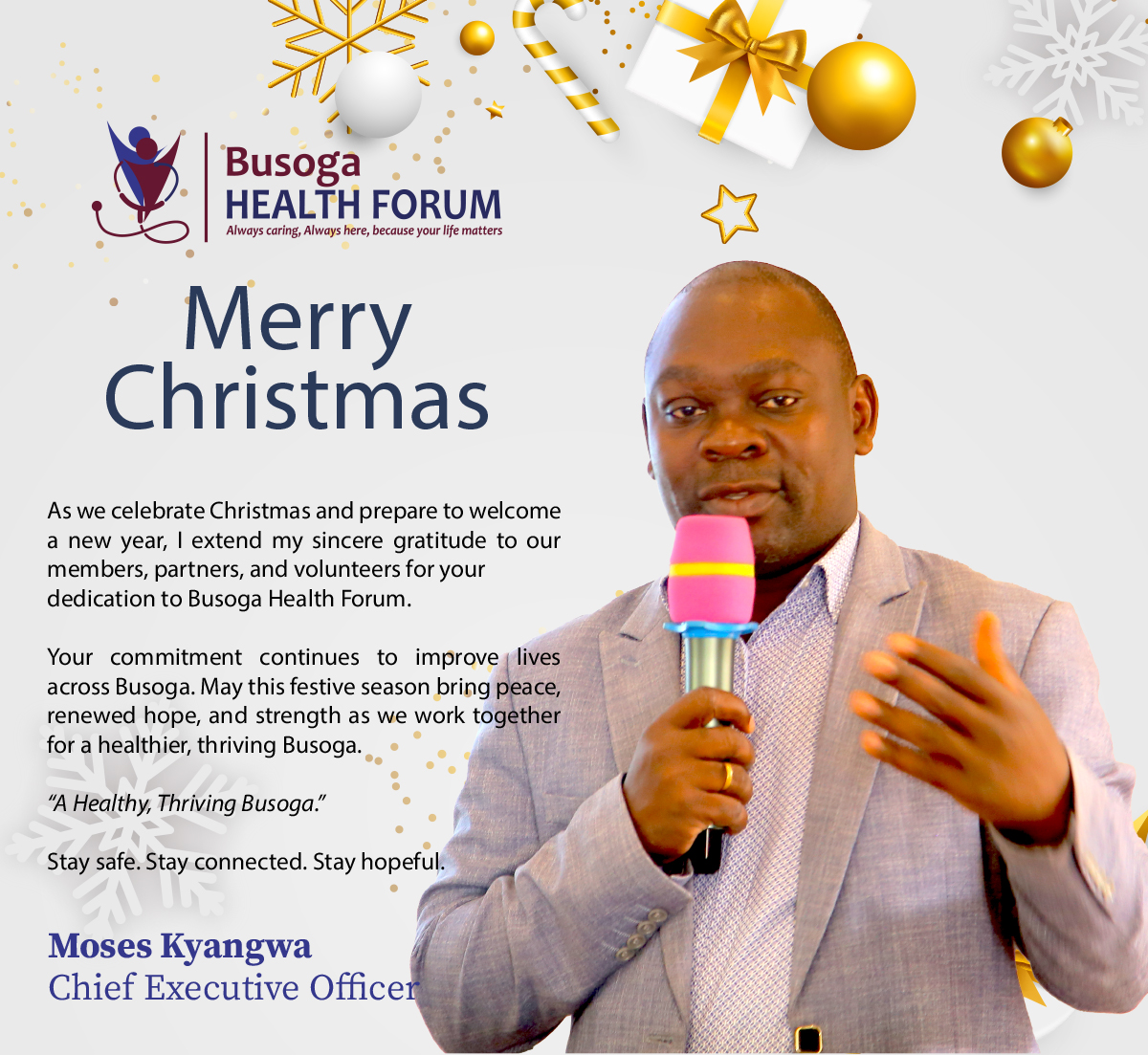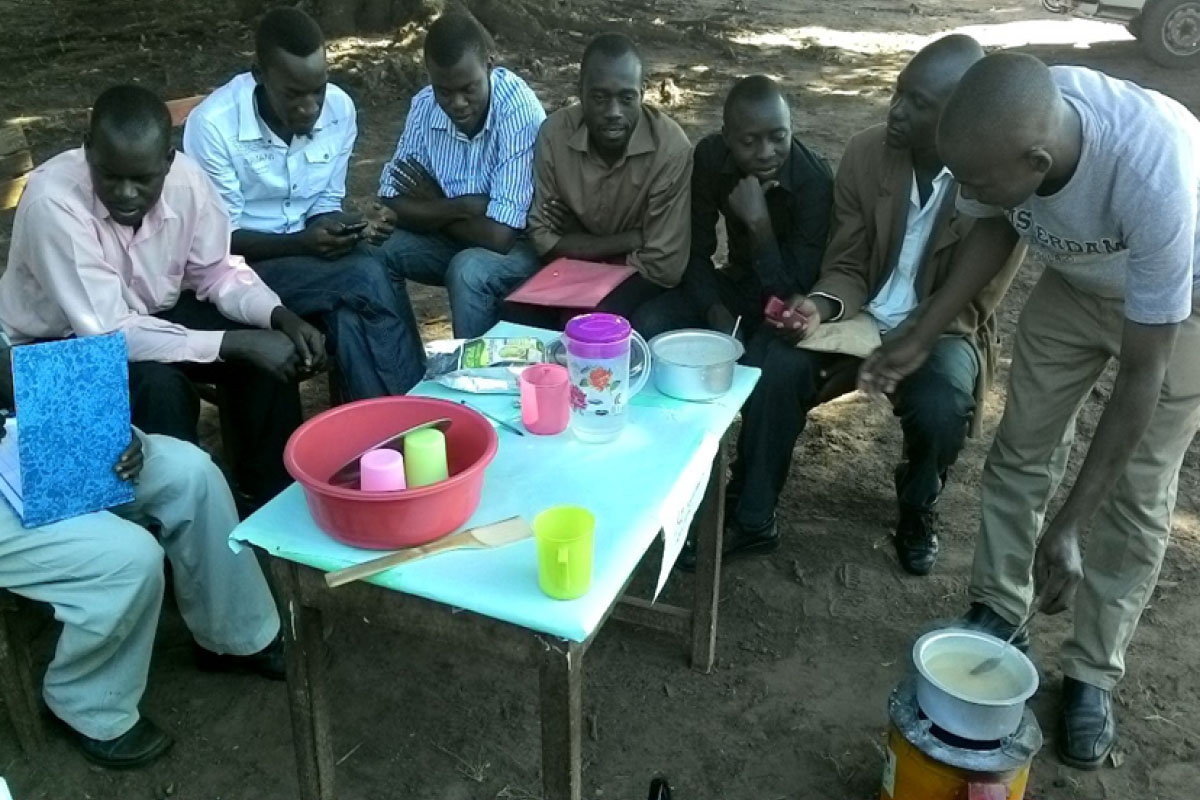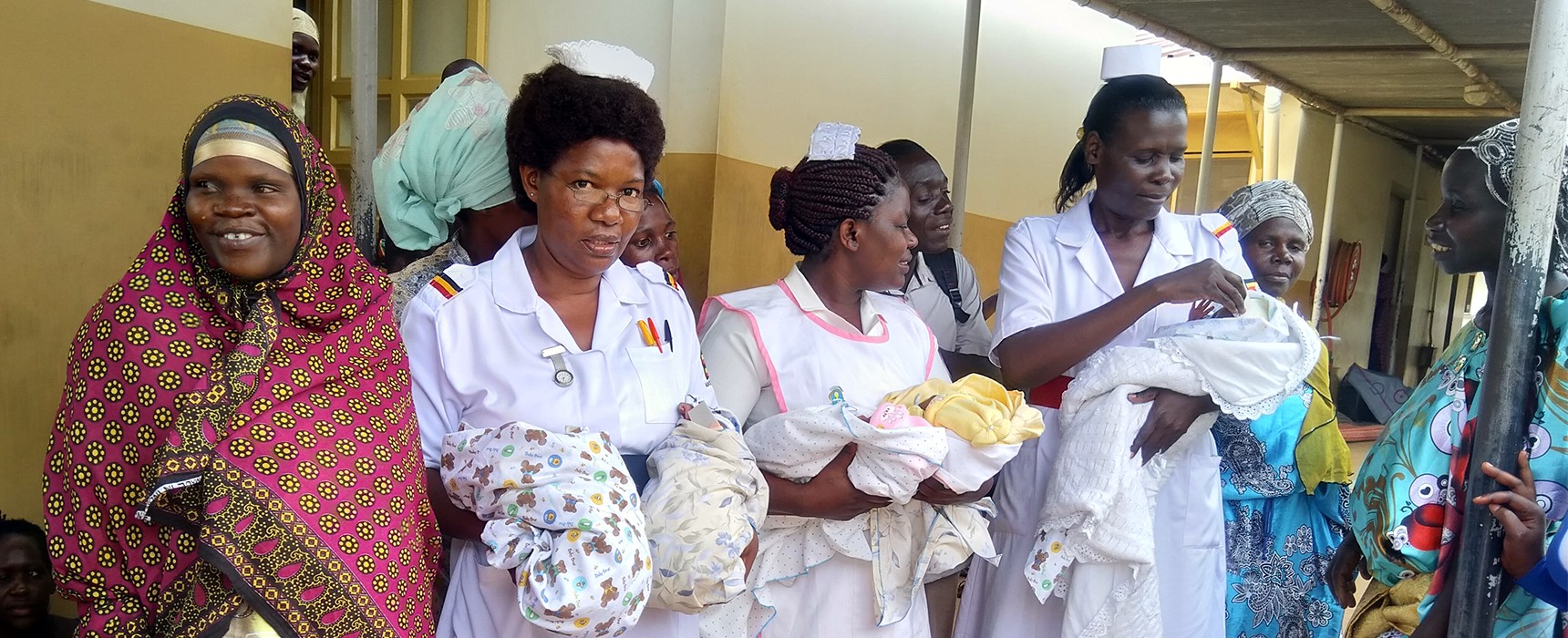Published By BHF | October 10, 2025
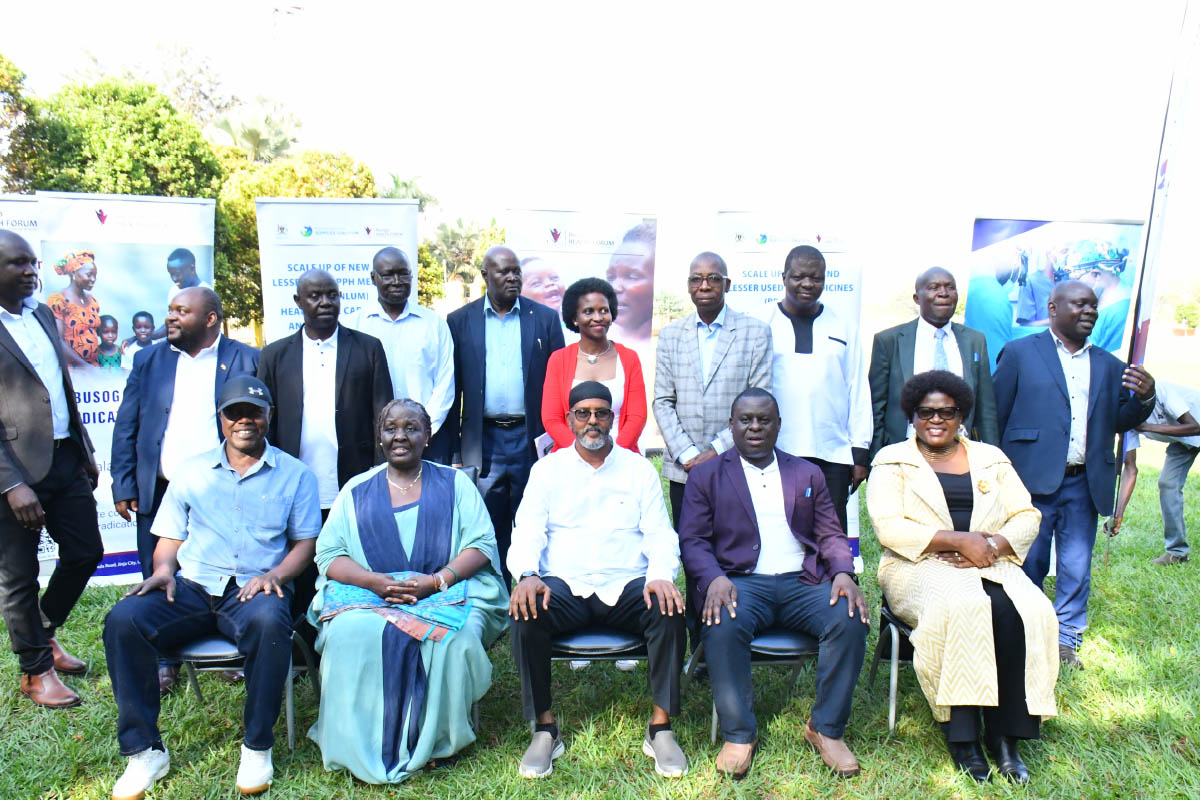
By: Tatumwa Desmond Benjamin
On 27 September 2025, health professionals, cultural leaders, policymakers, and development partners gathered at the Civil Service College in Jinja for the 4th Annual General Meeting (AGM) of the Busoga Health Forum (BHF). It was a moment of reflection and renewed commitment to the Forum’s mission, improving health and well-being across the Busoga sub-region through collaboration, innovation, and community ownership.
Unlike a routine meeting, this year’s AGM carried an energy of purpose. Members came together to plan, evaluate, and celebrate progress under the theme “Shared Responsibility Toward a Malaria-Free Busoga.” The gathering affirmed that health transformation requires everyone’s participation, from households and cultural institutions to policymakers and frontline workers.
A Community Movement Takes Shape
BHF, a membership-based non-profit of health professionals, researchers, and community leaders, continues to be the heartbeat of Busoga’s health movement. Over the years, it has become a bridge between communities, academia, and government, coordinating medical camps, capacity-building programs, and public health campaigns that strengthen local health systems.
In her keynote address, Dorothy Kisaka, former Executive Director of Kampala Capital City Authority, applauded BHF’s leadership for its strong governance and for choosing a theme that speaks directly to the region’s most persistent challenge, malaria. She shared her personal childhood experiences with the disease, reminding participants that beyond the numbers are human stories of lost potential and economic struggle.
“Malaria is not only a medical issue,” she said. “It is a social and economic injustice. Every shilling spent on treatment is a shilling not spent on food, school fees, or investment.” Kisaka praised BHF’s innovation in mobilizing communities to take responsibility for their health, calling it a model Uganda and Africa can follow.
Royal Endorsement and Cultural Power
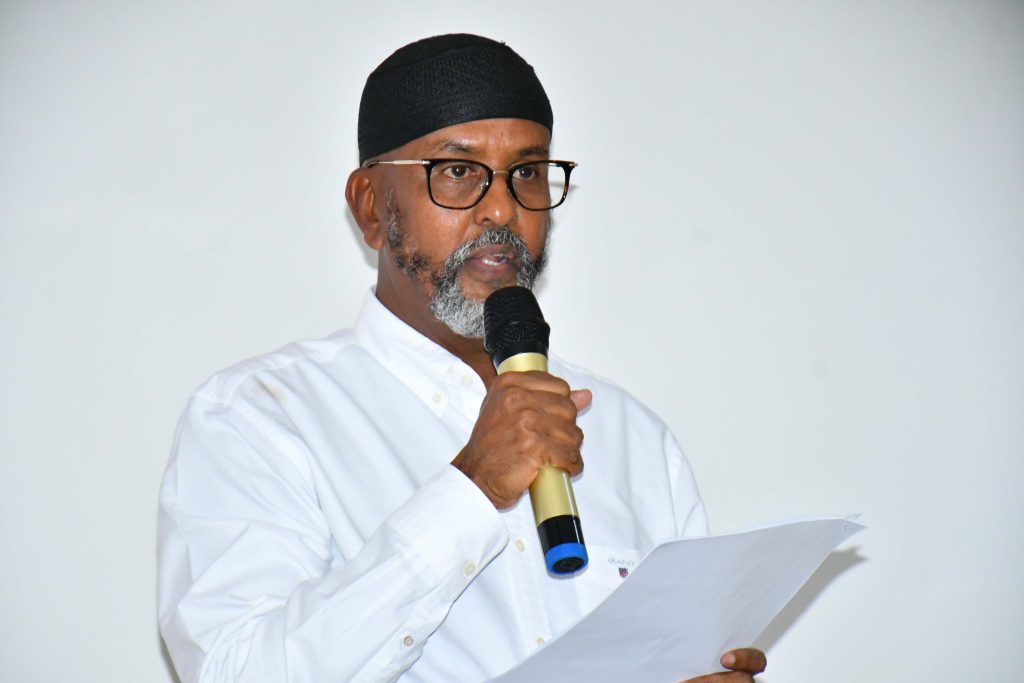
Representing His Majesty the Kyabazinga of Busoga, Owek. Alhaji Osman Noor, the Second Deputy Katukiro, reaffirmed the monarchy’s commitment to working hand in hand with BHF to achieve lasting change. He reminded participants that health is not a government matter alone but a shared duty that begins within homes, schools, and places of worship.
“Obulamu no obugaiga, health is wealth,” he emphasized. “When we work together, we secure not only our lives but also our future prosperity.”
He commended BHF for organizing royal medical camps, supporting maternal and child health programs, and championing initiatives such as the Jinja Medical Zone, WASH programs, and immunization drives. He described the Forum as “the health arm of the Kingdom,” urging all sectors to continue walking in unity toward a healthier future.
From Vision to Results
The meeting also highlighted progress under the Busoga Malaria Eradication Program (BMEP), a community-led initiative launched in 2024 under the Kyabazinga’s patronage and guided by Dr. Speciosa Wandira Kazibwe, Uganda’s former Vice President and BHF Advisor.
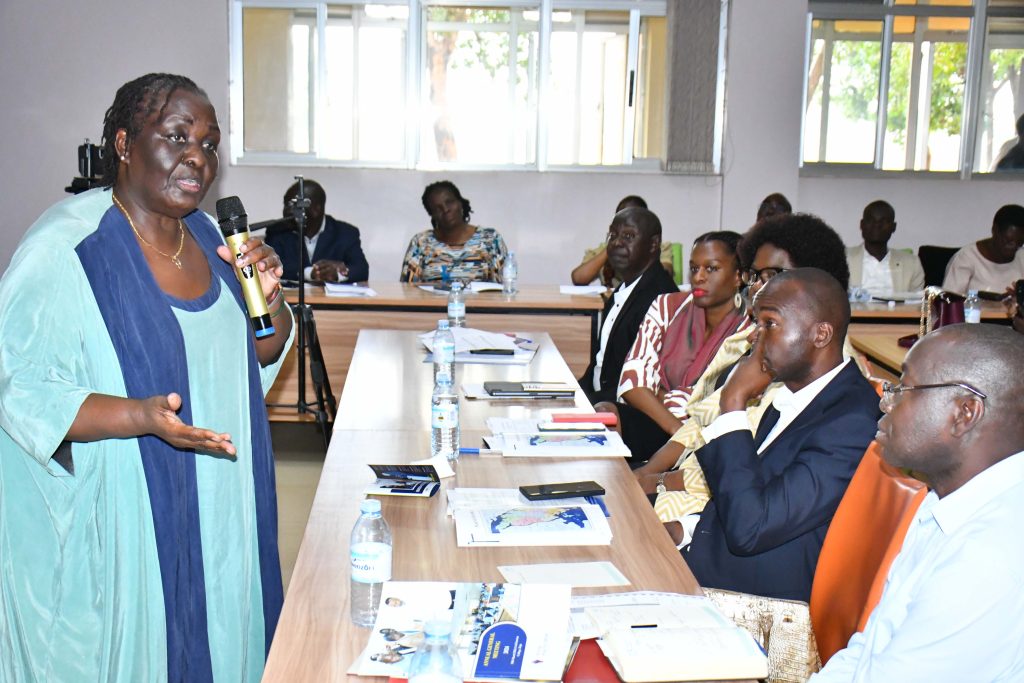
Dr. Kazibwe shared how the program began in Dundu and successfully mobilized thousands of households, health workers, and youth across Nawanyingi Sub-County. Through coordinated spraying, testing, and treatment, malaria positivity rates dropped from 85 percent to 9 percent within weeks. She credited this success to strong local leadership, youth engagement, and trust-based mobilization.
“It was not coercion but dialogue, trust, and consent that drove this success,” she said, adding that such models can be scaled across all Busoga chiefdoms.
Why It Matters
The 2025 AGM underscored that Busoga’s strength lies in collaboration. BHF has turned health from an individual concern into a collective movement. Traditional leaders, faith institutions, and youth networks are now partners in public health. Communities are investing in prevention, hygiene, and accountability.
This approach, combining science, culture, and social mobilization, is transforming how disease prevention is understood and practiced in Uganda. It demonstrates that when people take ownership of their health, even complex challenges like malaria can be overcome.
Looking Ahead
As the day ended, members of the Forum renewed their commitment to shared responsibility and continued collaboration with the Kingdom, government, and development partners. The call was not only to end malaria but to strengthen systems for every aspect of health, including maternal, child, environmental, and mental health.
Dorothy Kisaka’s closing words captured the spirit of the gathering: “Every effort counts. Let us each do our part and change the story of ‘omusudha ogwe nsiri,’ malaria, in Busoga and in the world.”
The Busoga Health Forum’s AGM reminded everyone that lasting health improvement begins when people, institutions, and leaders act together. Busoga has chosen that path, and the world is watching.

